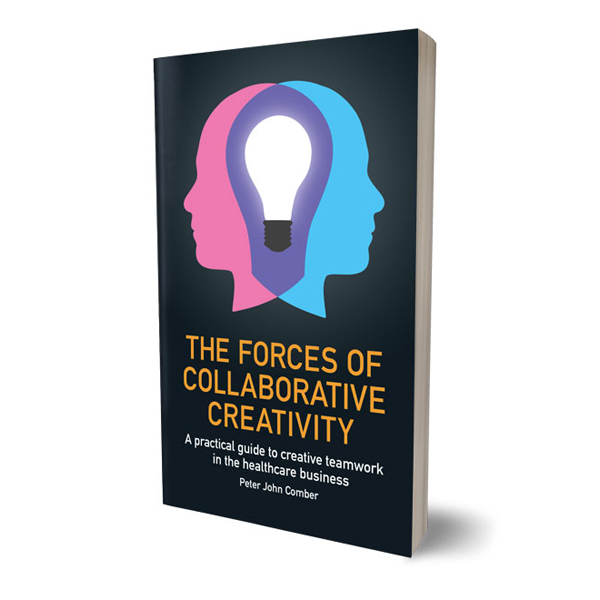The huge cost of a poor RFP.
My previous Pica elicited some stimulating response. In summary I got two kinds of objection that I have decided to examine here.
"Producing a complete brief is time consuming and slows the process down.”
Yes, putting the necessary thought and research into producing a robust brief and getting it approved internally takes time. But the quality and pertinence of the proposed solutions is directly proportionate to the quality of the brief they originate from. True efficiency is about getting to the best solution, hard to do if the problem isn’t clear. Also, once you have created a comprehensive brief it is a template you can adapt with minimal work for multiple RFP’s regarding the brand.
“Less is more: without too much context the proposed solutions are more creative.”
More creative yes, but more effective? Remember; it’s not creative unless it sells. Without a solid understanding of the scenario how can you or your suppliers understand what will work. Brands are increasingly experiential and experience is defined by context. Outside the relevant context, creativity is irrelevant. Context is something you expect suppliers to research in an RFP? Making them do unnecessary work is wasteful because RFPs are expensive and believe it or not - you are paying for them.
Obviously, for any business to be sustainable the cost of the total product or service sold must cover the cost of what is actually delivered, plus the operating costs, plus a profit margin. Responding to RFPs is part of the operating cost of marketing service companies because in today’s environment it is the only way to generate business. Bad RFP briefs don’t just generate bad proposals they also generate a lot of work to produce those bad proposals. Because pitch work is not remunerated that work has to be paid for by live business. When you write a bad brief, if all the responses to your RFP are duds and you rewrite the brief and reboot the process you are creating a cost that ultimately you will pay for.
In RFPs as in life, what goes around, comes around.





